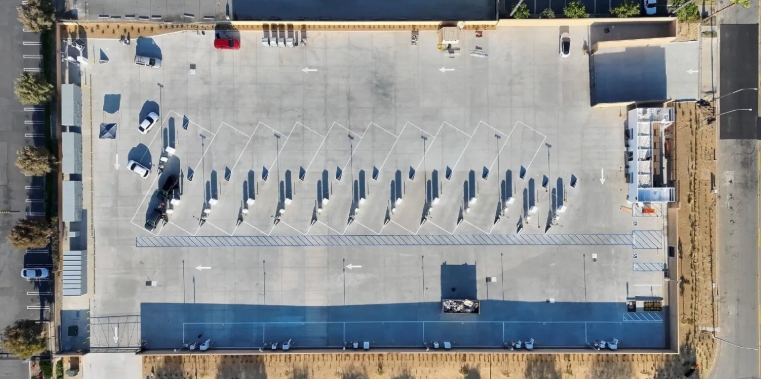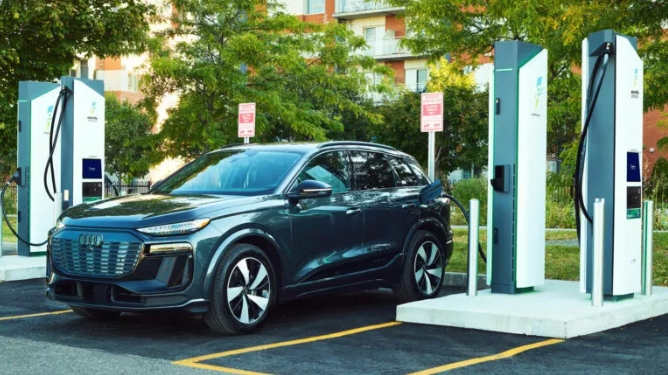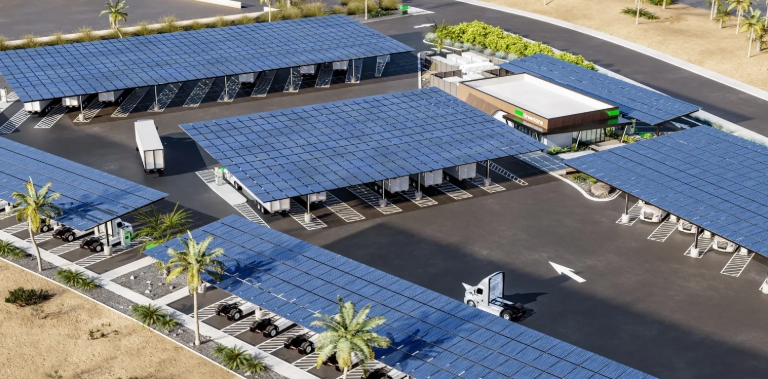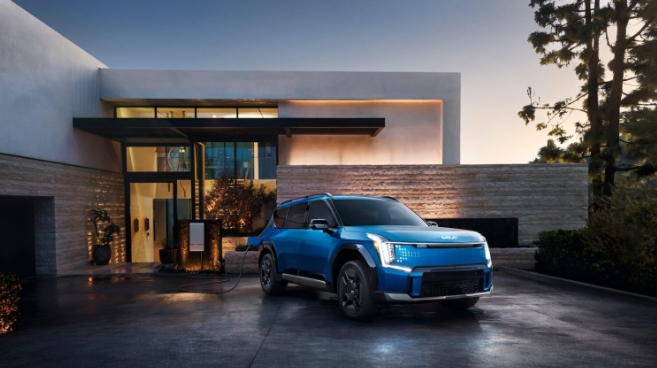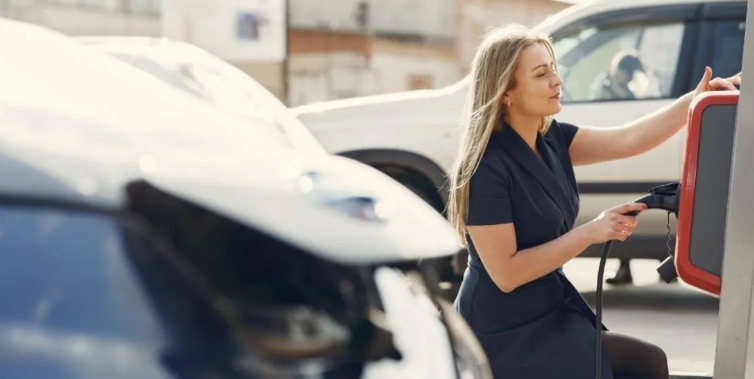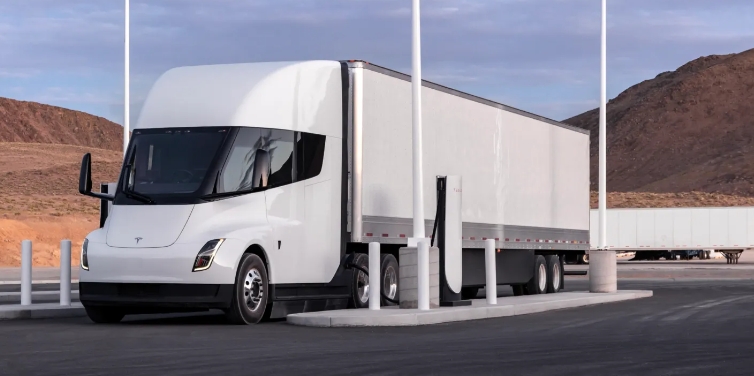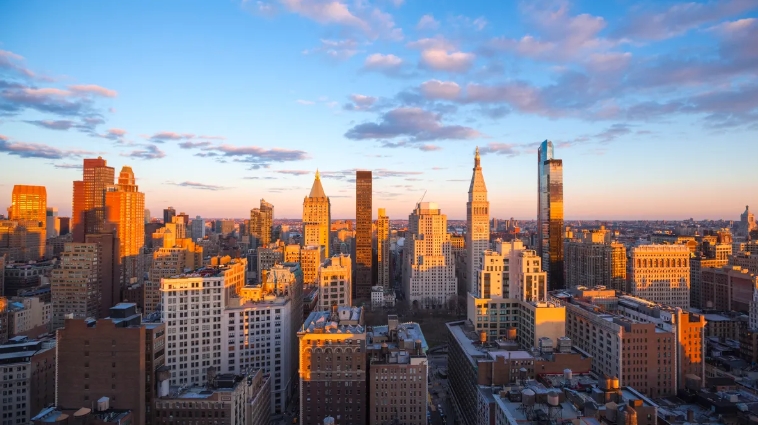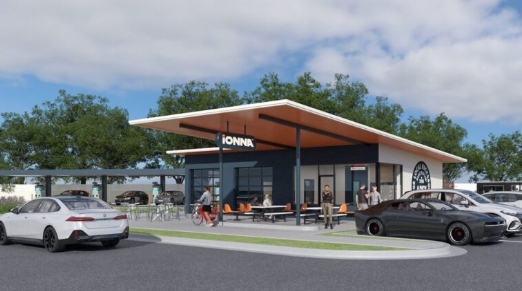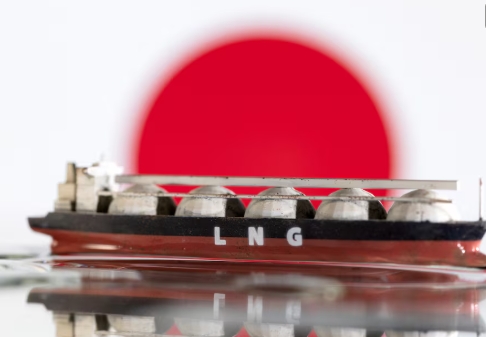
Model of LNG tanker is seen in front of Japan's flag in this illustration taken May 19, 2022.
Inpex’s chief executive, Takayuki Ueda, spoke to reporters in Jakarta, highlighting the significance of starting the FEED process. He emphasized the company’s efforts to advance the project swiftly to meet growing energy needs. Inpex had earlier outlined plans to finalize its investment decision (FID) by 2027, with production targeted for the early 2030s. However, Indonesian authorities are pressing for a faster schedule. Djoko Siswanto, head of SKK Migas, the country’s upstream oil and gas regulator, stated on Wednesday: "FID must be reached next year." He also called for production to begin in 2029.
Ueda acknowledged the difficulty of meeting this accelerated timeline, describing a 2029 production start as "very, very challenging." He added: "But since we understand that demand in Indonesia is growing very fast ... we’ll make our best effort to accelerate the project so that we can reach the target for the production the government requested before 2030." This reflects Inpex’s commitment to supporting Indonesia’s rising energy demands despite the tight schedule.
Indonesia has seen a drop in oil and gas output over the past decade due to aging reserves and slow progress on new developments. The government, under President Prabowo Subianto, aims to boost domestic energy production to achieve greater energy security. The Abadi project is a key part of this strategy. At full capacity, it is projected to yield 9.5 million metric tonnes of LNG annually, along with 150 million standard cubic feet of pipeline gas and 35,000 barrels of condensate per day, according to SKK Migas data.
Inpex holds a 65% stake in the Abadi project and oversees its operations. The remaining 35%, previously owned by Shell, was acquired by Indonesia’s Pertamina and Malaysia’s Petronas in 2023. The project’s advancement is seen as a vital step toward meeting Indonesia’s energy goals while balancing technical and logistical challenges.
